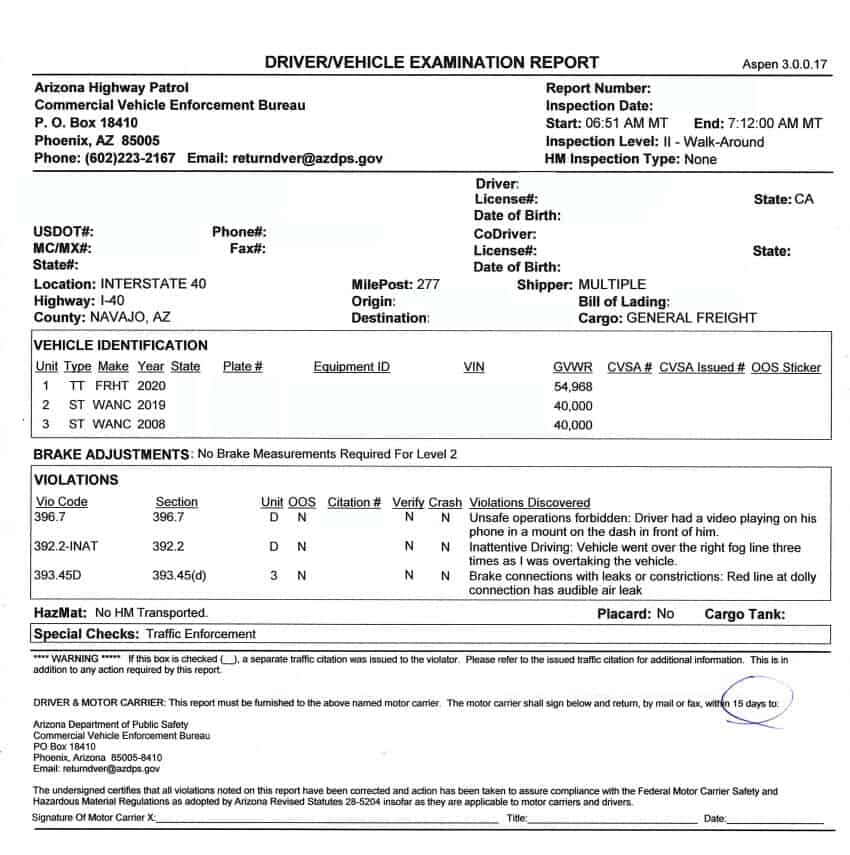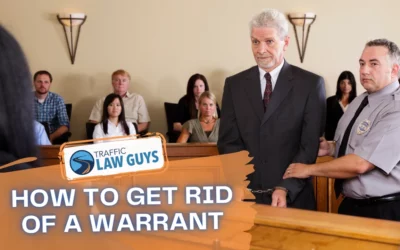Failure To Obey A Traffic Control Device
What is a “traffic control device”?
A traffic control device is basically anything that communicates to drivers where the driver is supposed to go or what the driver is supposed to do. Although this could include many signs and signals such as stop signs, red lights, one-way signs and no passing signs, signs like those have their own specific violations. We see “failure to obey traffic control device“charges when drivers fail to obey other signs, such as:
- A sign on a highway limiting travel for trucks to one lane.
- A sign that says a lane is closed.
- A line or symbol painted on the pavement that indicates where to drive.
This violation is kind of a catch-all for all of the random signs that exist that don’t have their own statutory section. So when a police officer pulls you over and he’s pretty sure you didn’t obey some sign, but he can’t think of a particular violation, he might charge you with this one.
What are the consequences?
This is a civil violation so the consequences are not severe. There will be a fine of a few hundred dollars, and this is a 2-point violation as far as the Arizona MVD is concerned.
Possible Defenses
Civil traffic tickets can be challenging to fight. With a ticket like this, we would be looking at things like whether or not the officer was actually in a position to see the alleged violation, or whether or not the traffic control device was properly placed and visible, and whether or not the driver in fact obeyed the traffic control device.
Email Us
Let’s take care of that ticket.
Latest Blog Posts
Fighting an Examination Report Through DataQs
When a commercial vehicle is stopped, there are two things that may result. A Traffic Ticket and Complaint A Driver/Vehicle Examination Report These two things have different options available, as discussed below. Traffic Ticket and Complaint This is, as the name...
How to Get Rid of a Warrant
A bench warrant is an order issued by a judge telling law enforcement to arrest the subject of the warrant.


